Original Question - Transform Array into columns in BigQuery
Solution suggested in the original question works well when you want to extract the same information from the array elements. But in my case, the information that I want to extract from each array element can be different. For example- If you see the original question, the 3rd Array element we have doesn't have jsonPayload but instead it has nameValuePairs in it. If I use pivot there then unnecessary fields get created. How to avoid them, I know we can use EXCEPT but I don't think that is a good solution because If I have to choose different elements from each array element, it would be really a mess. As I can have 10+ payloads in the payloads array.
SQL -
select * from (
select
json_value(payload,'$.pool') as pool,
json_value(payloadArr, '$.name') as name,
json_value(payloadArr, '$.fullpath') as fullPath,
json_value(payloadArr, '$.jsonPayload.body') as payload,
json_value(payloadArr, '$.nameValuePairs.data.one') as nv,
from table t
, unnest(json_extract_array(payload, '$.payloads')) payloadArr
)
pivot (any_value(fullPath) as fullPath , any_value(payload) as payload, any_value(nv) as nv for name in ('request', 'response', 'attributes') )

